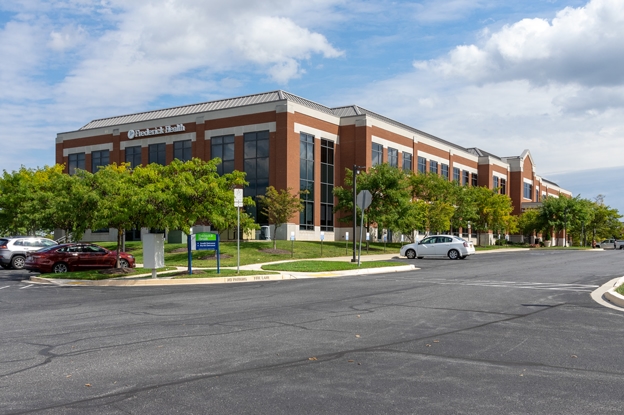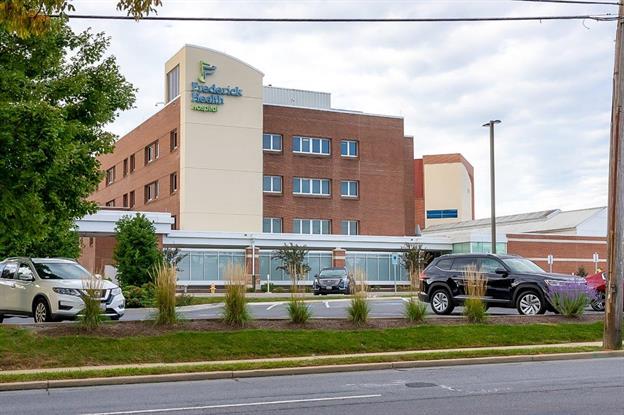Tests We Perform
There are a number of different types of sleep studies that may be performed at Frederick Health to diagnose various sleep disorders. Early or late appointment times or daytime studies for night shift workers may be arranged, provided there is sufficient advanced notice.
For more information on our sleep studies, please call 240-566-3802.
This is a list of the most common sleep studies that are performed at Frederick Health and a brief explanation of each:
- Full Polysomnogram (PSG): This is the standard sleep study that is ordered to diagnose a wide variety of sleep problems, including obstructive sleep apnea (OSA) and other sleep-related breathing disorders. Electrodes, elastic belts, nasal devices, and a finger clip are used to measure brain waves and breathing activity.
- Full CPAP Titration: This is typically the second sleep study that you have, once a PSG has shown that you have a sleep-related breathing disorder. The purpose of a CPAP titration study is to find out what pressure setting to use for your CPAP machine. You are hooked up to the same equipment as for a PSG and then you are also connected to a CPAP machine using a mask. The technologist works with you throughout the night to find out what type of mask and pressure settings work the best to treat your sleep disorder.
- Split-Night Study: A split-night study combines a polysomnogram (PSG) and a CPAP titration into one study, with the hope that both can be completed in one night instead of two. This study is ordered when your physician strongly believes that you have sleep apnea. The first two hours of this study are run just like a full PSG. IF you have enough breathing-related events in this first two hours (such as apneas where you stop breathing during sleep), your technologist will connect you to a CPAP machine and perform a CPAP titration for the rest of the night. If you do not have enough breathing-related events in the first two hours, you will not be connected to CPAP (i.e. your study will not be “split”.) Your study will then continue as a full PSG and your physician may have you return to the Sleep Center for a full-night CPAP titration.
- Multiple Sleep Latency Test (MSLT): This is a daytime sleep study that is used to see if you have narcolepsy (daytime “sleep attacks”). The MSLT is always done immediately after a PSG, so that your doctor can see if sleep apnea or another disorder during the night is causing your sleepiness in the daytime. During the MSLT, your technologist will hook you up to the same equipment you had for your PSG. You will then take four or five 20-minute naps, spaced two hours apart. The technologist will monitor you and ask you questions to see how quickly you fall asleep during the day.
- Maintenance of Wakefulness Test (MWT): The MWT is a daytime study that is used to see if you can stay awake during the day. This test can be used to see how well you can perform your job (especially for commercial drivers and pilots) or how well your sleep disorder treatment is working. Your technologist will hook you up to standard polysomnogram (PSG) equipment and will then give you four to five wake challenges, spaced two hours apart. Each challenge involves sitting up in a chair in a quiet, dimly lit room for twenty minutes. The technologist will measure how well you are able to stay alert during each challenge.


